Click on the images below to explore what Ivan Allen College experts have to say about the first year of war in Ukraine.
Blocks
Blurb / Gallery Set
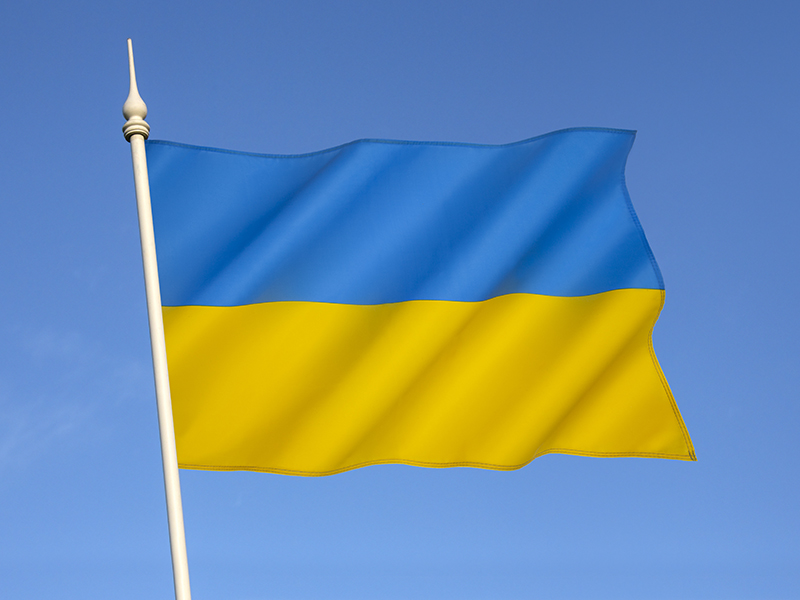
Ukraine Surprised the World
Gen. Philip Breedlove, Sam Nunn School of International Affairs
“Militarily, Russia had some magnificent failures over the last year. The Ukrainian military proved to be superior to Russia’s, tactically, operationally, etc. And they were fighting for their country. They were and still are defending their lands, their homes, and their families.”
Bob Bell, Sam Nunn School of International Affairs
“Ukraine repeatedly prevailed on the tactical battlefield due to the fighting skills of its armed forces, as assisted by Western-provided precision-strike arms, such as Javelins, long-range artillery and HIMARS rockets.
“Russia, having decisively lost major battles of maneuver last year around Kviv, Kharkiv, and Kherson, was forced to withdraw to stronger positions in the Donbas and on the eastern side of the Dnipro River. At the same time that Russia’s tactical posture was becoming more defensive, Russia at the strategic level initiated a devastating long-range missile offensive against the critical infrastructures that provide the Ukrainian people their energy, heat and potable water. At its peak late last year, Russia’s campaign of intense cruise and ballistic missile strikes left 10 million Ukrainians without electricity, leading the government in Kiev to advise Ukrainians who had earlier fled westward not to return, at least yet, to liberated towns and villages to the east and south.”
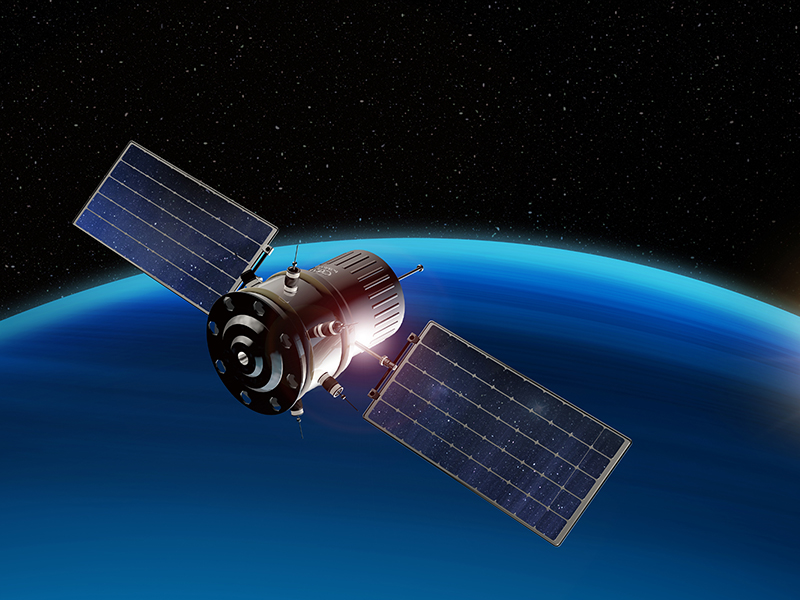
Technology Gave Ukraine an Edge
Will Roper, Sam Nunn School of International Affairs
“This represents the first ‘hybrid’ war leveraging commercial and military systems together for resilience, making denial harder. Ukraine's agility in that hybrid paradigm is why I believe they have been unexpectedly dominant.”
Mariel Borowitz, School of Public Policy (writing in The Conversation)
“Commercial satellite imagery has proved to be critical to this war in two ways. First, it’s a media tool that allows the public to watch as the war progresses in incredible detail, and second, it’s a source of important information that helps the Ukrainian military plan day-to-day operations.
“Before the war, Ukrainian officials thought money was better spent on “down-to-earth” security needs, rather than expensive satellites. But now these officials view satellite imagery as critical – both to battlefield awareness and for documenting atrocities allegedly carried out by Russian troops.”
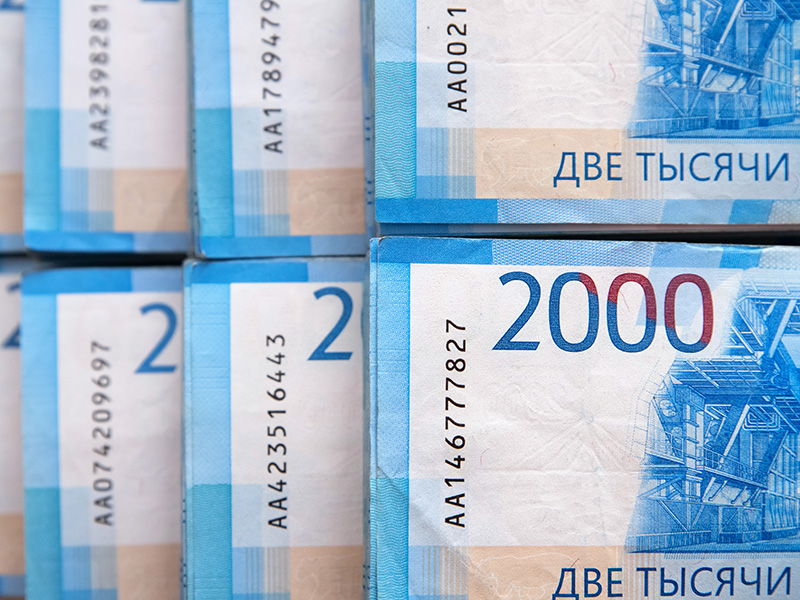
Sanctions Didn't Change Much
Gen. Philip Breedlove
“Yes, sanctions are hurting Russia, the Russian people, and Russia’s long-term viability as an entity, but the sad news is that sanctions have never changed the strategic situation. So until sanctions get to a point where they arouse such an internal kerfuffle that it affects the ability of Mr. Putin to run the country, don’t bank on changes.”
Dina Khapaeva, School of Modern Languages
“The year of the war made clear that the economic sanctions won’t lead to the end of Putinism. Given the economic pain that the population used to endure in the past, Russia is not even close to the scale of the economic collapse to make its population take arms against Putinism.”
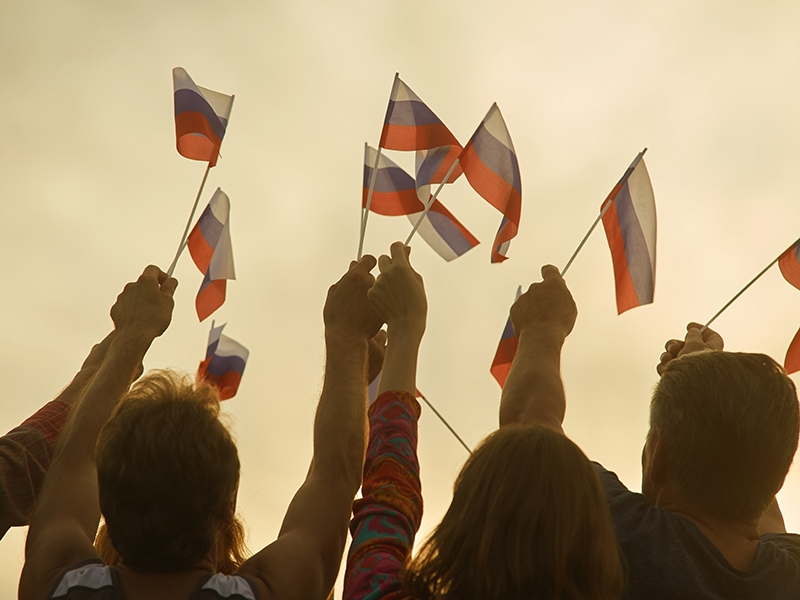
Russian Society Didn’t Force Changes
Kate Pride Brown, School of History and Sociology
“Well, I’m sorry to say that I was correct when I predicted last year that we were unlikely to see a massive outpouring of public dissent against the war in Russia. I didn’t like saying it at the time, and I hoped against hope that ordinary Russians would prove me wrong. But there is a long-standing tradition in Russian political culture of assumed powerlessness and political apathy, so any anti-war mobilization would have been quite uncharacteristic. Russians have been slowly watching their rights erode for years without much resistance, and the space for dissent was already small. The war basically blotted out whatever was left over.”
Dina Khapaeva, School of Modern Languages
“The resilience of Putin's regime is conditioned by the political apathy of Russians in the face of Putin’s criminal politics. On the one hand, this indifference is rooted in a 20-year-long social contract: the Russian populace has been conceding its political rights and freedoms to Putin and his clique in exchange for the drips from the record-high oil prices. On another, it is linked to the absence of any positive values in the society that cynically denies the value of human life and individual rights and has no project for the future except for the return to the Russian Middle Ages. In preparation for the war, the preventive destruction of Russian opposition was another important factor that conditioned its current resilience.”
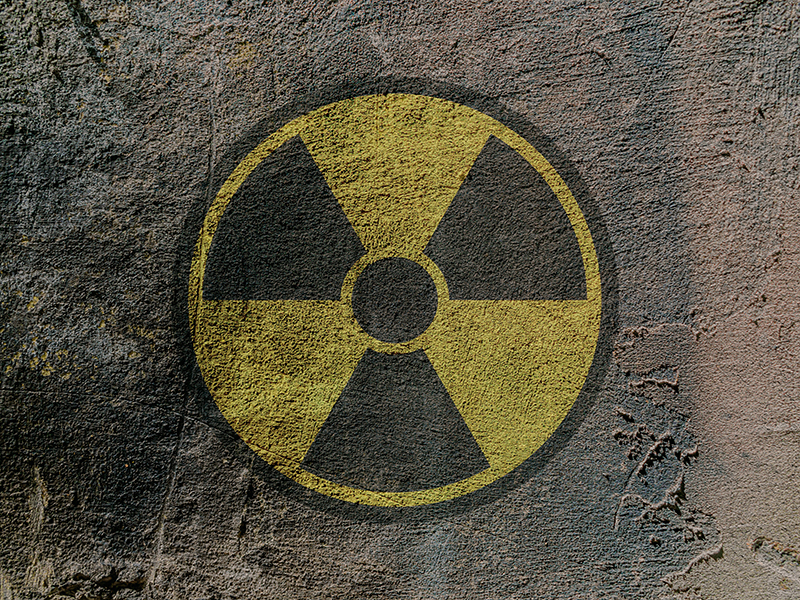
Fears of Nuclear Conflict Resurfaced
Adam Stulberg, Sam Nunn School of International Affairs
What should we make of Putin's red lines and the lingering threat of nuclear weapons use in Ukraine (UKR) that have been intimated repeatedly since the initial military assault? Are they part of a calculated strategy of escalation to deter Western military assistance/intervention or to secure a fait accompli, such as the seizure of Ukrainian territory in the east and/or south? Or, are Putin's successive nuclear threats acts of desperation by a gambler faced with repeated operational setbacks, or by an unhinged tyrant who has been callous about killing non-combatants and unleashing damage to civilian infrastructure. Does Putin's failure to follow through betray the hollowness of his threats?
My take is that Putin's use of red lines does not conform to classic Western conceptions of coercive bargaining that place heavy emphasis on demonstrating the credibility of deterrence. Although Putin may clearly understand the significance of red lines for the West, he issues them infrequently (with a noticeable uptick immediately before and during the war in Ukraine). Yet, his multiple lines in the sand have been opaque/imprecise (confusion over both the demands and consequences), episodic (ratcheted up and down throughout the war), non-linear (issued at very onset of conflict not part of graduated escalation of war), and inconsistent. He also has been relatively cryptic about the consequences of crossing Russia's RLs, and not linked explicit red lines to "nuclear" consequences. The upshot is that the character of Putin's RL's turn the classic formulation on its head, as they consistently sow confusion over Russia's aims, obfuscate firebreaks to dangerous escalation, and seemingly compound Western challenges of communicating restraint amid support for Ukrainian partners. The strategy is less about elucidating the costs and benefits of escalation, affirming clear thresholds (e.g. avoidance of direct NATO-Rus military contact) than about getting UKR and the West to question next steps, fumble on internal dissent and uncertainty, and ultimately to become self-deterred.
In this regard, Putin's opaque resort to RLs is unstable and doubly dangerous. First, they seem to be pursued without full appreciation for the dynamic interaction with Ukrainian and Western responses. The intentional confusion embodied by the strategy — especially incoherent demands and threats — fuels misperceptions and miscalculations that can readily provoke, not simply paralyze the West's reaction. Second, the uncertainty over consequences of violating Moscow's implicit threats-- and seeming reluctance to follow through in the face of the qualitative extension of US/NATO military support for UKR (and the latter's operational progress) — effectively emboldens both UKR and the West to disregard or to continue to challenge Putin's RLs moving forward. This process is unstable (and especially painful for UKR), as at some point not only will prospective gains from the "special military operation" vanish but the prospects for avoiding painful losses (e.g. eviction from Crimea, frequent attacks inside Russia, permanent loss of FDI and international markets) may become so bleak (for the internal legitimacy of the Putin regime and/or for Russian national interests) that Moscow may resort to an unconventional strike or escalation.
Margaret E. Kosal, Sam Nunn School of International Affairs
“Early in the war, just days after the invasion began, Russian President Vladimir Putin issued an order to increase the readiness of Russia’s nuclear weapons, for the forces to be on “heightened alert.” The specific implications of that change were debated, but it was the first of many statements Putin, his surrogates, and the head of the Russian Orthodox church would make that clearly were meant to communicate a willingness to use nuclear weapons if the US or NATO interfered in his war with Ukraine. “Tactical nukes” and what it would mean if Putin used a smaller yield nuclear weapon against Ukraine also became part of the discussion. This has led to renewed interest in how norms might be changing on use of unconventional weapons in times of war. I’m not seeing an indication that Putin is interested in ratcheting down the rhetoric.”
Dina Khapaeva
"If the West gives in to Putin's nuclear blackmail that he has again voiced during his Address to the Nation on February 21, it will mean the end of the political world order as we know it and will make the West hostage to the dictatorships on an unknown scale."
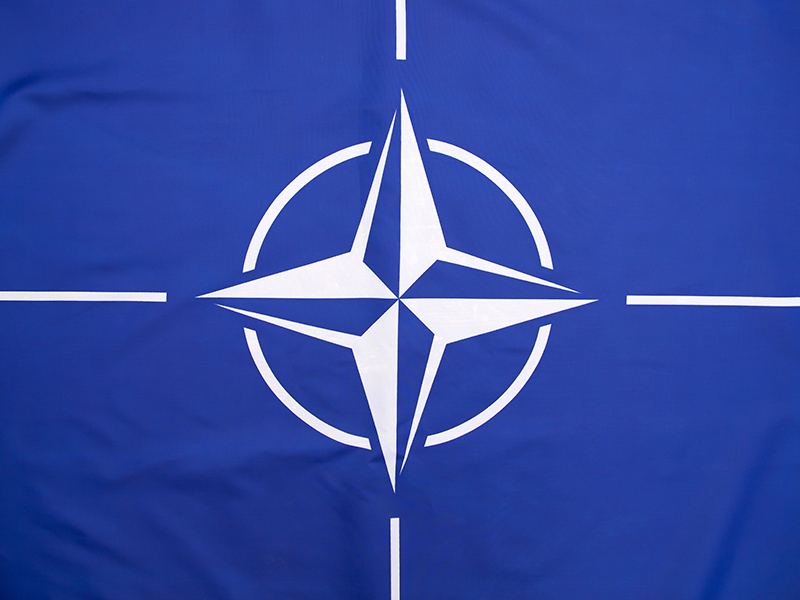
NATO Earned Mixed Reviews
Bob Bell, Sam Nunn School of International Affairs
“Throughout the fighting in Ukraine over the last year, NATO allies have sought consensus on key aspects and future consequences of the war. The results have been mixed. To be sure, the Alliance has achieved and maintained an extraordinary degree of unity and solidarity. Consensus has been achieved on most issues, but many details remain to be resolved.”
